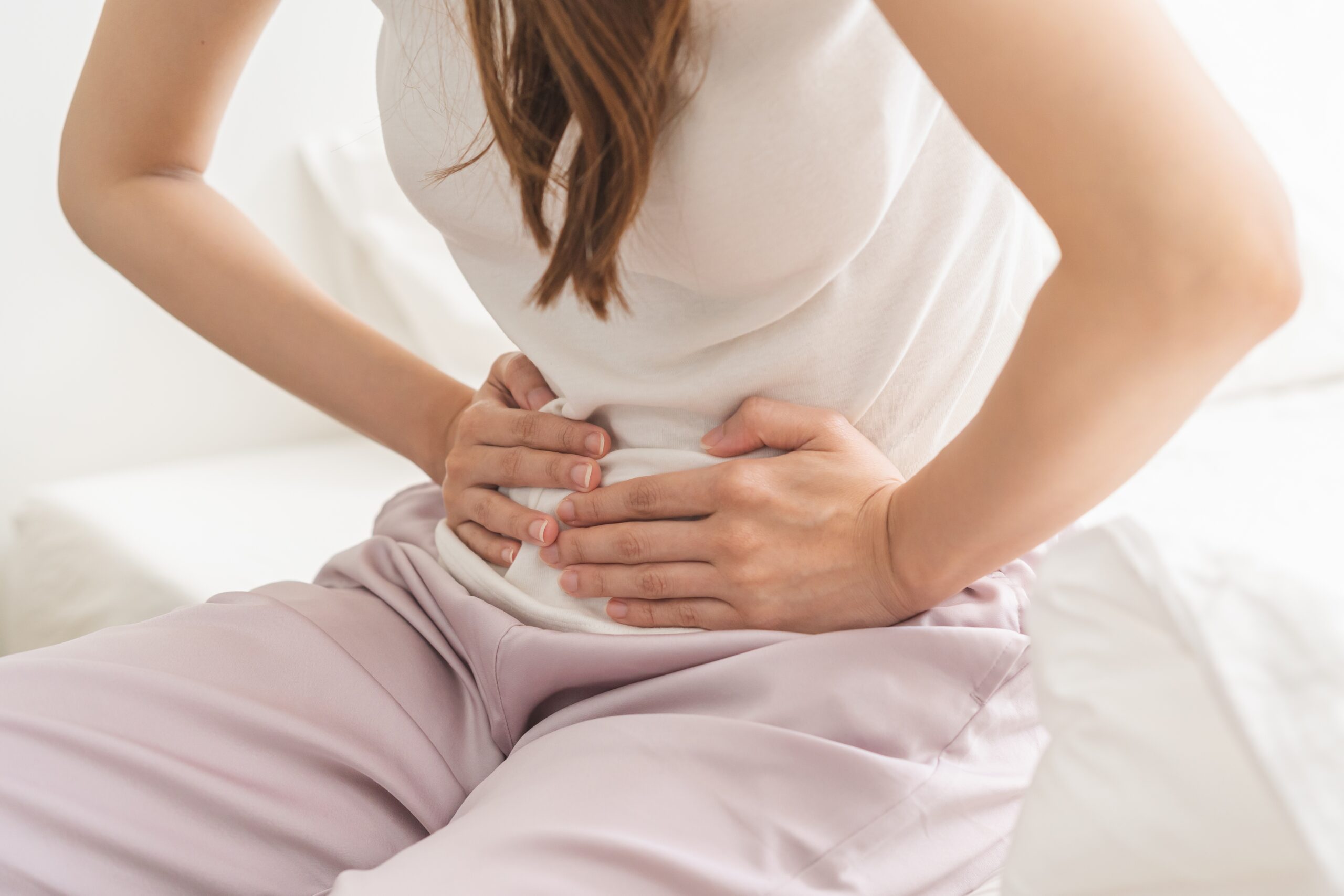Menstrual pain, often referred to as dysmenorrhea, is a common experience in many women and girls. It is basically a throbbing, cramping feeling in your lower belly. This condition can stem from various causes.
If you are experiencing painful periods, you can look for the best gynecologist in the Brooklyn area and visit us at Doral Health and Wellness Gynecology. You can talk to our Gyn specialist and discuss your condition with us.
Common Cause
There are two main types of dysmenorrhea:
- Primary Dysmenorrhea – This is the most common type of dysmenorrhea.
- Cause – Pain is not associated with any underlying health condition. It’s usually caused by the release of prostaglandins, hormone-like substances that trigger uterine contractions.
- Symptoms – Cramping pain in your lower abdomen, which can radiate to your lower back and thighs.
- Secondary Dysmenorrhea
- Cause – Pain resulting from an underlying condition, such as:
- Endometriosis – Tissue similar to the uterine lining grows outside your uterus.
- Fibroids – Noncancerous growths in your uterus.
- Pelvic Inflammatory Disease (PID) – Infection of the reproductive organs.
- Adenomyosis – Endometrial tissue grows into your uterine wall.
- Symptoms – Similar to primary dysmenorrhea but may be more severe and occur at different times in your menstrual cycle.
Solutions and Treatments
- Over-the-Counter Pain Relievers
- Nonsteroidal Anti-Inflammatory Drugs (NSAIDs) – Medications like ibuprofen or naproxen can reduce prostaglandin production and relieve pain.
- Heat Therapy
- Heating Pads – Applying heat to your lower abdomen can help relax your uterine muscles and reduce cramps.
- Warm Baths – Taking a warm bath can also provide relief from menstrual pain.
- Lifestyle Adjustments
- Exercise – Regular physical activity can help reduce your menstrual pain by improving your blood circulation and releasing endorphins, which act as natural painkillers.
- Diet – Eating a balanced diet and reducing caffeine and salt intake can help manage your bloating and discomfort.
- Hormonal Treatments
- Birth Control Pills – Hormonal contraceptives can help regulate or reduce your menstrual flow and decrease pain by suppressing your ovulation and the formation of prostaglandins.
- Other Hormonal Therapies – Hormonal patches, rings, or injections may also be effective.
- Alternative Therapies
- Acupuncture – Some studies suggest that acupuncture may help lessen your menstrual pain.
- Herbal Remedies – Herbal supplements like ginger, cinnamon, or turmeric may provide some relief, though their effectiveness varies and should be used with caution.
- Medical Treatments for Underlying Conditions
- Endometriosis or Fibroids – Treatments may include medications to help manage your symptoms or surgical options to remove the abnormal tissue.
- PID or Adenomyosis – Treatment typically involves antibiotics or hormonal therapy, depending on your specific condition.
If your menstrual pain is severe, persistent, or accompanied by other symptoms, such as abnormal bleeding, pain during sex, it’s important to consult your medical provider. They can help identify any underlying conditions and recommend appropriate treatments or interventions for your specific condition.
Remember, your medical provider can help you get the care you need. If you are looking for a gynecologist that you can trust, you can book your appointment at Doral Health and Wellness. At Doral Health and Wellness Gynecology, we provide women with quality health care services. Our specialists aim to deliver the highest quality of healthcare. We work with our patients in diagnosing and formulating treatment plans for their condition. To book an appointment, you can visit us 1797 Pitkin Avenue, Brooklyn, NY 11212 or call us at 1-718-367-2555. You can also visit our website at https://doralhw.org/.






